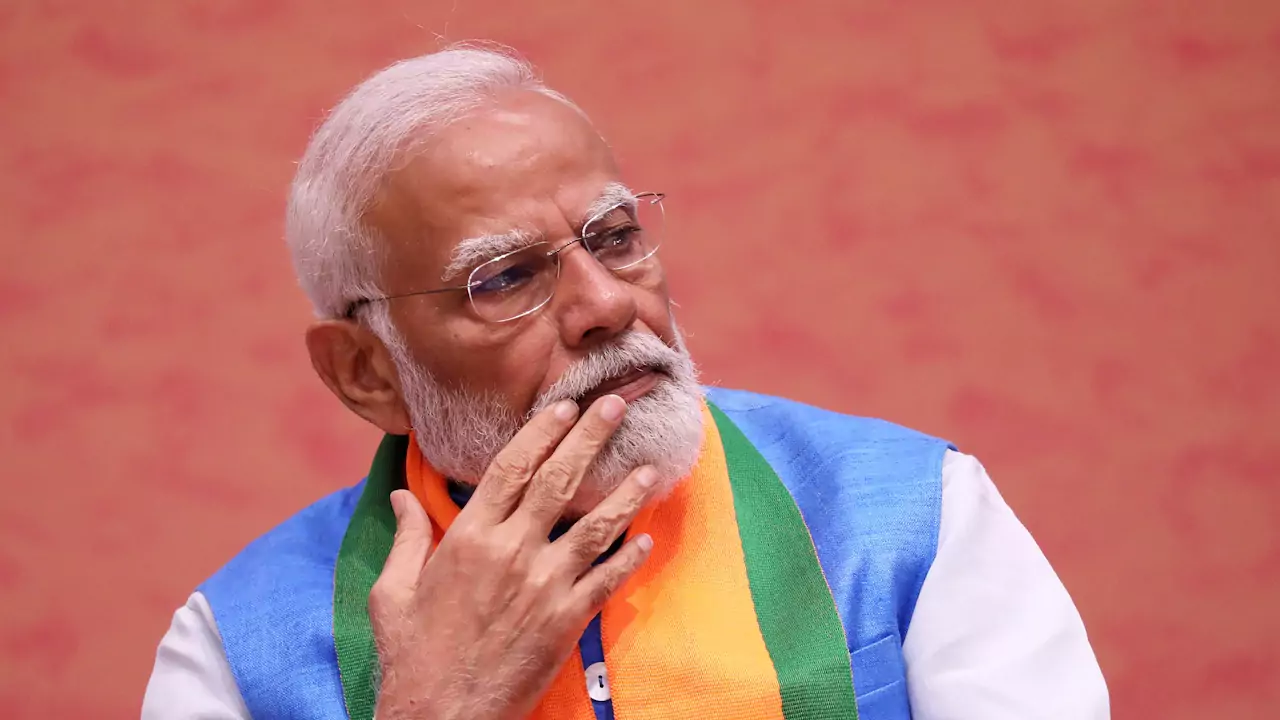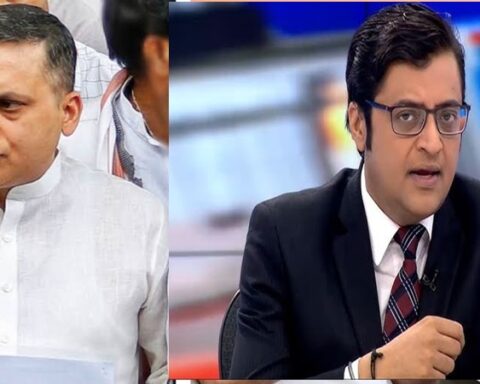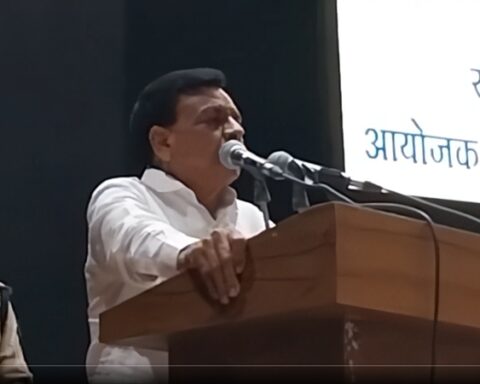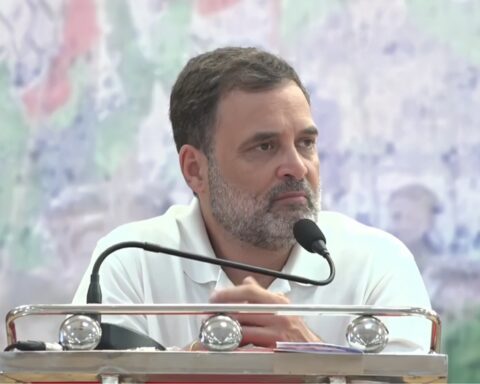There have been discussions around the world recently over the new turn in electoral politics in India with reference to how the BJP has lost its absolute majority in the Lok Sabha. This shift in political situation is very important for economic and fiscal changes initiated by Prime Minister Narendra Modi for which concern from the side of leading global rating agencies is expressed.
Table of Contents
BJP and Coalition Formation
It must however be noted that the BJP won 240 parliamentary seats in the just concluded 2019 Lok Sabha polls but failed to achieve a clear majority. Therefore, the party plans to install its government together with even the smaller parties within the National Democratic Alliance (NDA) which is targeting for commanding a majority of 293 majorities in the form of a coalition. Although, this weakened majority produces issues for the BJP in relation to passing reforms, especially those which are politically sensitive in the most significant areas of land and employment.
Analysis by Global Rating Agencies
There are two separate writings from two agencies: Fitch Ratings and Moody’s, that throw the light on the possibilities of BJP’s electoral prospects on its policies and economic reforms. Fitch’s group entity BMI is useful in the current context given its emphasis on the BJP’s requirement to alter its message to focus on major economic concerns, as requested by the electorate. Speaking to BMI’s Head of Asia (Country Risk) Darren Tay, voters remained supportive of developments for improved economics and living instead of moving for ideologies.
Economic Policy Outlook
Despite the challenges posed by a reduced majority, Moody’s has confidence in the BJP led PM Narendra Modi govt to continue with its policies. It is anticipated that attention is likely to continue being given to some critical sectors like infrastructure on which we need to spend more to ensure sustainable economic growth coupled with supporting the manufacturing industry. This continuity is very important in giving confidence to the investors and create environment for business and investments.
Economic Impact on Reforms in Land and Labor Sectors
This is because one of the most significant effects of BJP losing out on the outright majority is that the previous campaigns for reforms in areas of the land and labor are most likely to be slowed down. Such reforms are important for rationalization of regulations, improvement of the business environment, and promotion of investment. Although, if there is a coalition government then BJP might trip up in restoring adequate support for these reforms and may have to tread a more careful, diplomatic path.
Voter Sentiment in the Regional Dynamics
Thus, the recent electoral results and especially in states such as Uttar Pradesh demonstrate that people are now tired of BJP and its emphasis on the Hindu nationalism shifting focus toward such concerns as economic growth and jobs. This variation one can see due to regional differences in socio-political structure of India and hence it is essential to take care of regional concerns and desires into consideration while framing policies and implementing them further.
Policy Priorities in the Post-Election Scenario
After the verdict the BJP will tend to refocus and realign their policies more in concordance to the changing face of the society and economy. Sustainable development for all, employment generation, and reducing income disparities are likely to occupy centre stage in the government’s schemes. Also, increasing the interaction with the opposition and other interest groups will be vital in achieving a common voice and the formation of a strong working government.
Maintaining Momentum in Development of Economic Reforms
On one hand, the scepter that comes with the BJP’s diminishing absolute majority is to some extent debilitating, on the other hand the current scenario offers a chance for positive change and acceptance of a consensual politics where all shades of political opinion are likely to be taken into account. Continuation of the economic liberalization measures especially in the fiscal front, infrastructures, financial frontier and taxation policies will be crucial in promoting long term sustainable development.
In conclusion, the BJP’s loss of an outright majority in the Lok Sabha signifies a pivotal moment in India’s political landscape, with far-reaching implications for economic policies and reforms. While challenges lie ahead, proactive measures and strategic initiatives can pave the way for continued growth and prosperity, ensuring that India remains on the path of sustainable development and progress.
This report is adapted from an article by the Press Trust of India.





